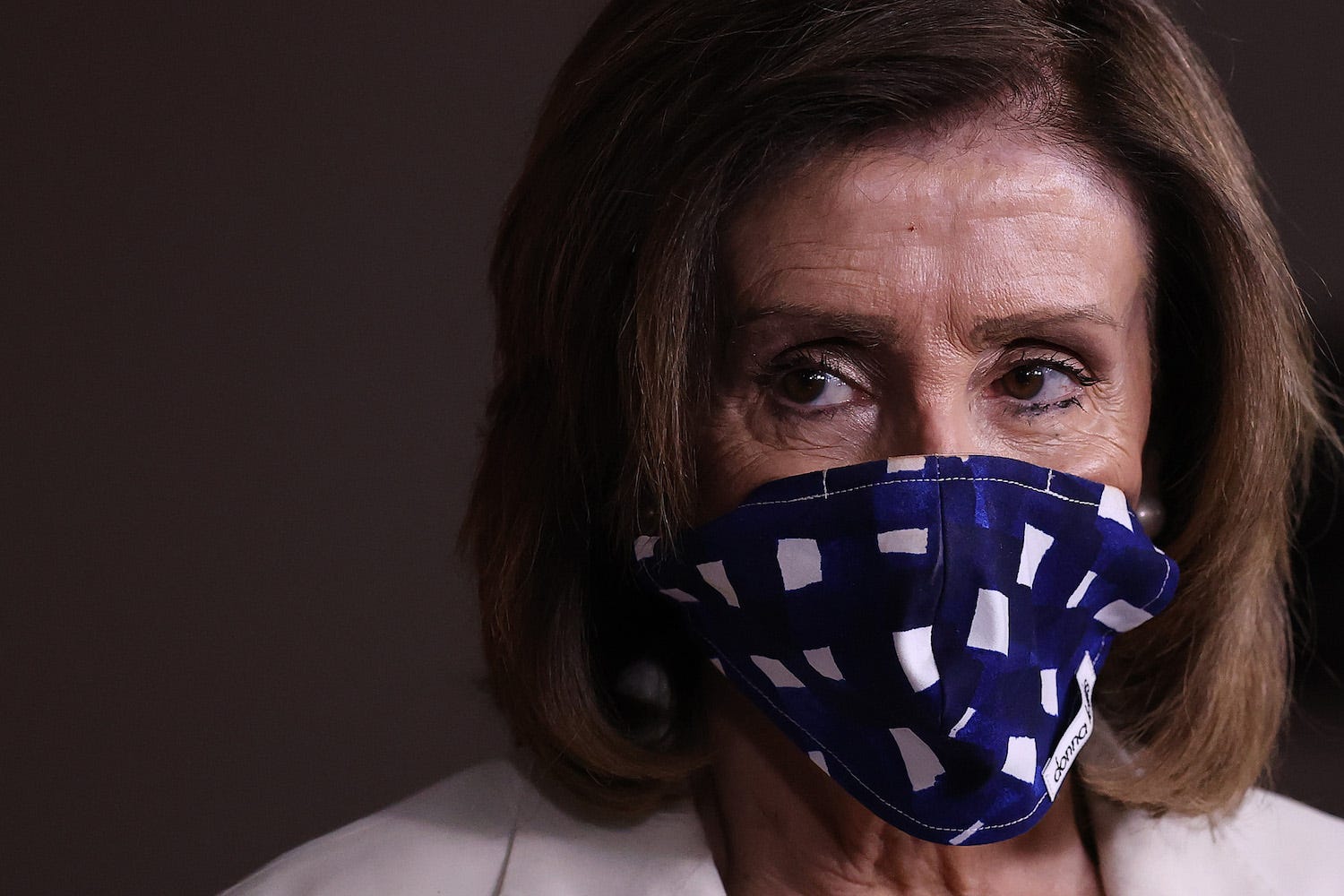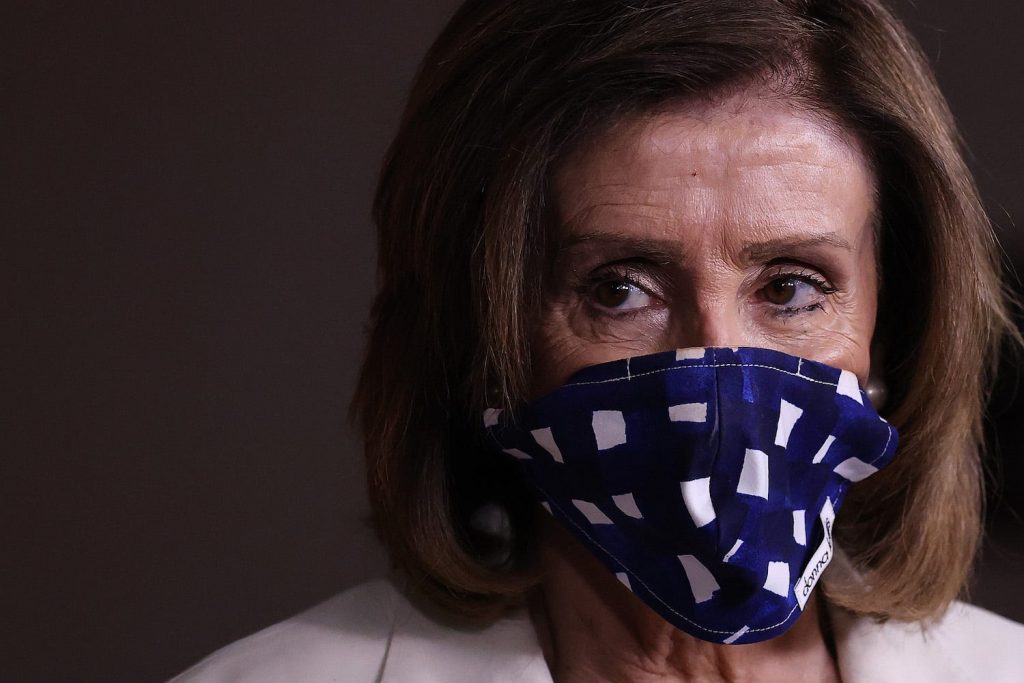
Chip Somodevilla/Getty Images
- Some Democrats are open to another reconciliation bill early next year as the current one is being trimmed.
- "There is certainly a willingness to pursue that idea if it makes sense at the time," House Budget Chair John Yarmuth told Insider.
- Another party-line spending bill could be tough to achieve in 2022 given policy tends to take a backseat to midterm campaigning.
If Democrats can't cram all of Biden's social spending promises into the reconciliation bill this year, they may try again next year.
Congressional Democrats are grappling with key decisions on which measures should be scaled back or axed as they struggle to reach a middle ground with a small but potent centrist faction made up of figures like Sens. Joe Manchin of West Virginia and Kyrsten Sinema. Progressives are spearheading efforts to avoid pitting measures against each other, like affordable childcare against tuition-free community college.
But some in the party are starting to float another Democrat-only spending bill next year, perhaps as a way to score additional policy wins or pick up what was ejected ahead of the 2022 midterms.
"I have broached the subject with a number of people in leadership positions in the caucus," Rep. John Yarmuth of Kentucky, chair of the House Budget Committee, told Insider on Tuesday. "And there is certainly a willingness to pursue that idea if it makes sense at the time."
"I do think it's feasible," Rep. Donald Beyer of Virginia, a member of the tax-writing House Ways and Means panel, said of another party-line bill next year. "We all are aware of the fragility of the majorities in the Senate and the House, we're gonna do our very best to keep building on them."
He cautioned that many frontline Democrats in swing House districts may become harder sells on another party-line bill and it would depend what measures are included. Still, Yarmuth mapped out a scenario where potentially dropped provisions like a Medicare expansion that's popular with older voters essentially dares Republicans to oppose it.
He called it a good opportunity to "put Republicans on the spot" adding it was "good politics and good policy."
Democrats do have another chance at a reconciliation next year, the same legislative maneuver they're using to skirt GOP opposition and approve the social safety net bill with only a simple majority rather than the 60 votes typically needed. They seek to expand education, healthcare, child tax credits and more.
"Anytime you can pass something with just your own party, you have a shot," Jim Kessler, executive vice president for policy at the center-left Third Way think tank. "That's going to depend on the appetite of a lot of members, including Manchin, Sinema and others. But I think it's important for Democrats not to think that we get one year and then the rest of the Biden era is lost."
Speaker Nancy Pelosi didn't rule out another spending bill last month, telling reporters that possibility "is not excluded."
But policymaking tends to be harder as the midterms get closer and campaigning takes precedence. The strict procedures governing reconciliation means Democrats may not be able to act on another bill until after April 1.
"I don't think as a caucus we should close the door on potentially doing another bill early next year," a Senate Democratic aide granted anonymity to speak candidly said. "It just seems silly to me that you would say, '"we're done legislating after this point.'"
Rep. Jim Costa of California, among the 10 centrist Democrats who demanded an immediate vote on an infrastructure bill in August and nearly blew up Biden's agenda, said he wouldn't necessarily shut the door on another party-line bill as Democrats mull cuts.
"I think there could be," he told Insider. "I mean, I keep trying. Just because it doesn't get in one piece of legislation doesn't mean I throw my hands up."

